In the middle of the bustling German city of Potsdam, there is an idyllic rural Russian village. Alexandrowka is made up of 14 farms and an orthodox church. The experience of visiting the hamlet is immersive enough that you might actually forget you’re in Germany.
After being beaten down by Napoleon’s Army, Prussia (which would become part of Germany) formed an alliance with France against Russia in 1812. Over 1,000 Russian prisoners of war were captured, 62 of which remained in Potsdam as singers of King Frederick William III’s choir after the armistice in 1812. Russia and Prussia later formed an alliance, and when Tsar Alexander I died in 1825, Prussian King Frederick William III wished to erect a monument to the newly amicable connections between the houses of Hohenzollern and Romanov.
On April 10, 1826, he gave the order to built a Russian colony for the remaining 12 Russian singers and their families. The village was not strictly authentic in its style, as it was constructed by an Italian designer, but nevertheless, the village has retained a sense of Russian heritage and charm.
The colony was named Alexandrowka in honor of the late Tsar. When the twelve families moved in, the houses were completely furnished with Biedermeier furniture, the gardens were in bloom with flowers, vegetables, and fruit trees, and in every stable was a cow. Out of respect for the religion of the village’s inhabitants, a traditional Russian Orthodox church was constructed and named after Tsar Alexander’s patron saint, Alexander Nevsky.
But living in the Russian villas came with a set of rules. The inhabitants were not allowed to sell or rent the properties, and the deed could only be transferred to a male heir. If there was no male descendant or if a family was to leave, the property went back under the ownership of the crown.
The last of the Russian singers died in 1861, but Alexandrowka remained in the hands of the Russian families until relatively recently. The last descendant of the singers, a member of the Schischkoff family, died at home in the village in 2008. Alexandrowka belonged to the crown until around 1945, when it became part of East Germany. After Germany’s reunification in 1990 most of the houses became private properties, but can’t be altered in any way as they are historic monuments. In 1999 Alexandrowka was designated a UNESCO World Heritage site.
Now a tourist destination, the whole village has been lovingly renovated and the gardens replanted. In 2005 a museum about the history of the village was placed in one of the empty houses, with artifacts and furniture from the time when the singers there. There is also a garden cafe and teahouse where visitors can indulge in Russian treats, so they can feel Russian inside and out.
Know Before You Go
The village can be seen at all times without entrance fee.
The museum in house no. 2 is open Tuesdays to Sundays from 10.00 to 17.00, entrance 3.50 €, children under 14 free.
The restaurant in house no. 1 is open Tuesdays to Sundays from 11.30 to 18.00 in January and February, to 20.00 in March and April, to 22.00 from Mai to October and to 21.00 in November and December.
Community Contributors
Added by
Edited by
The Atlas Obscura Podcast is Back!














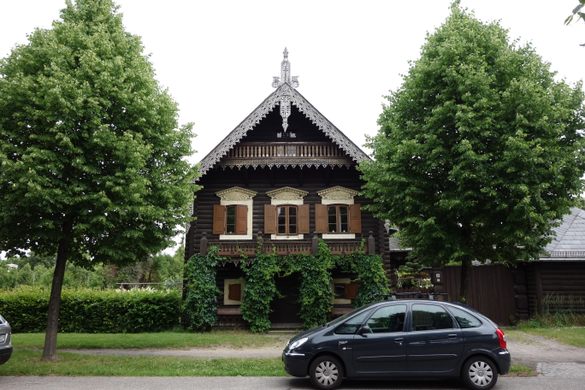













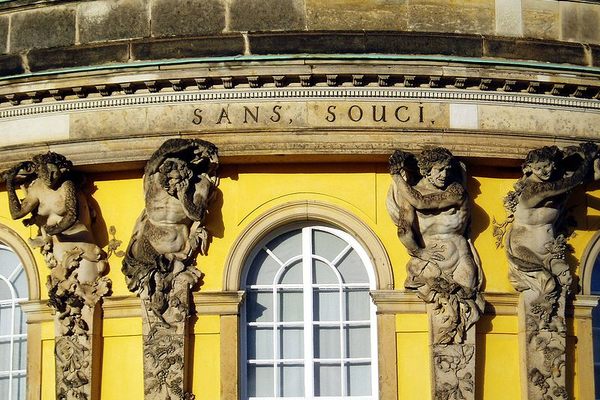
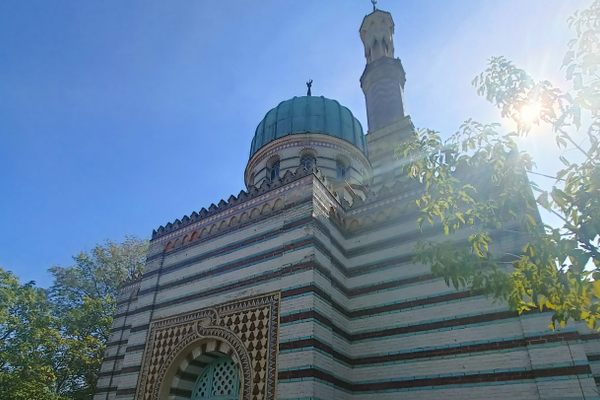

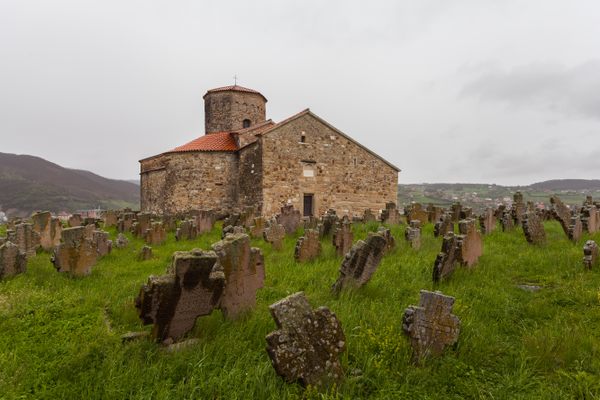

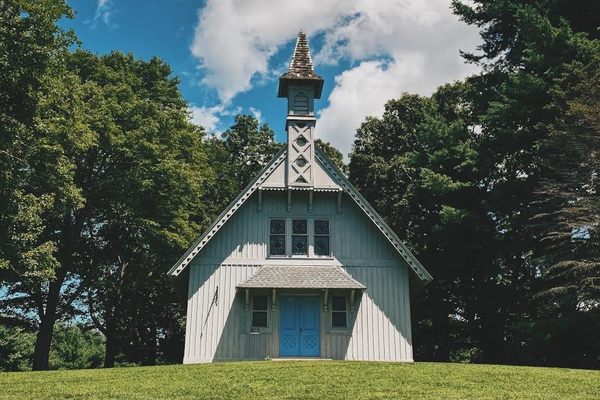



Follow us on Twitter to get the latest on the world's hidden wonders.
Like us on Facebook to get the latest on the world's hidden wonders.
Follow us on Twitter Like us on Facebook